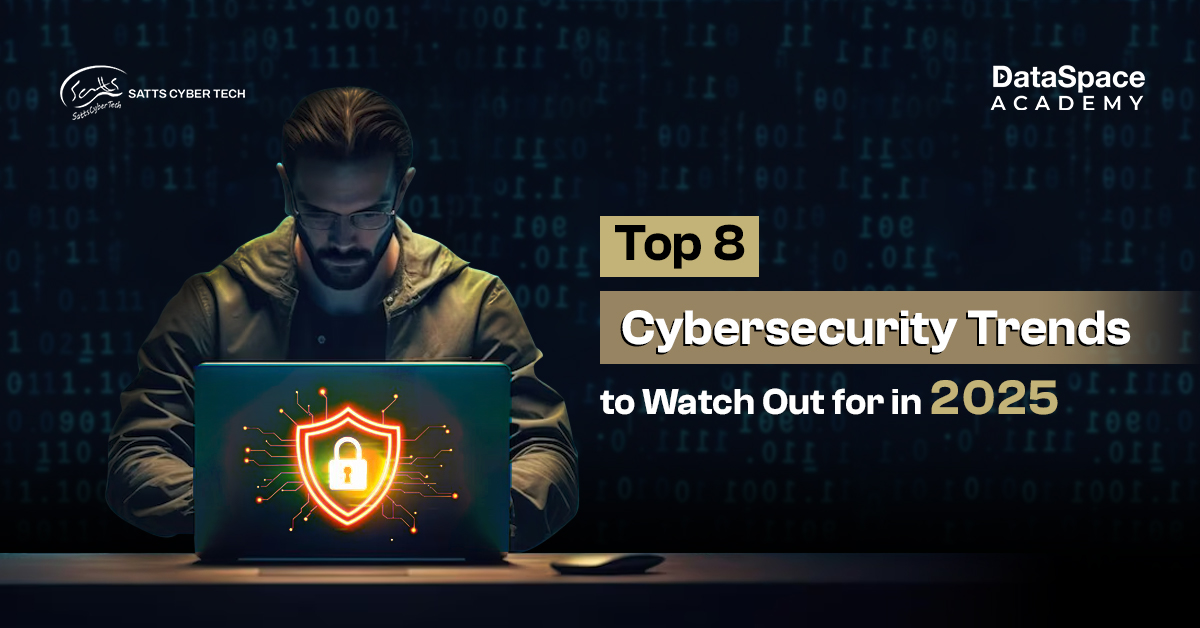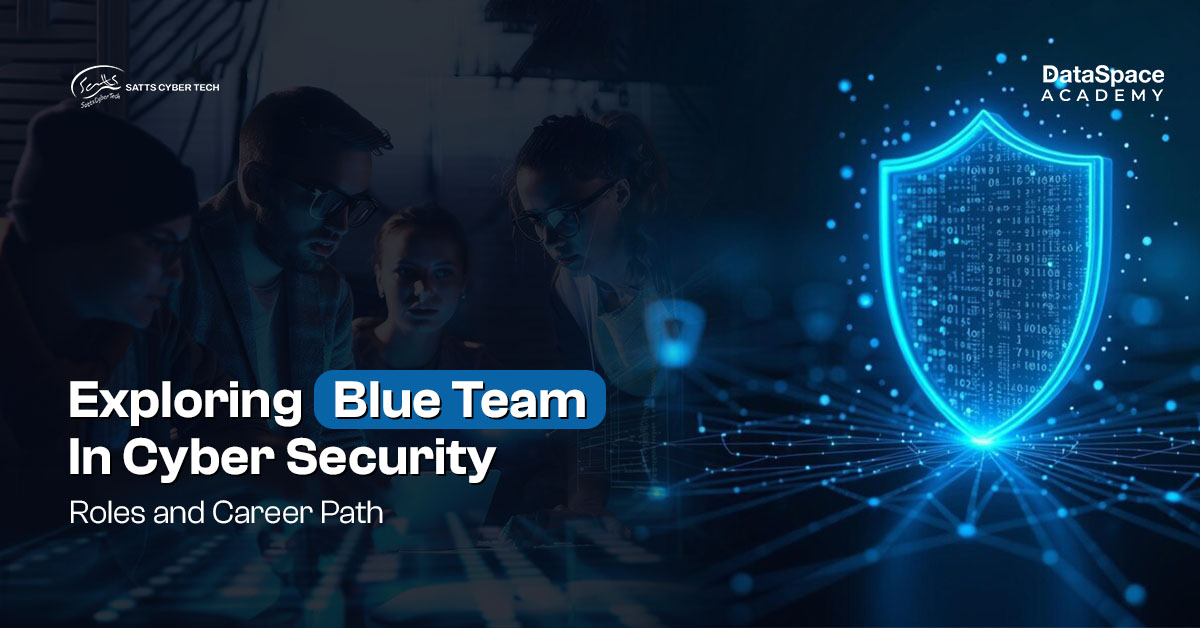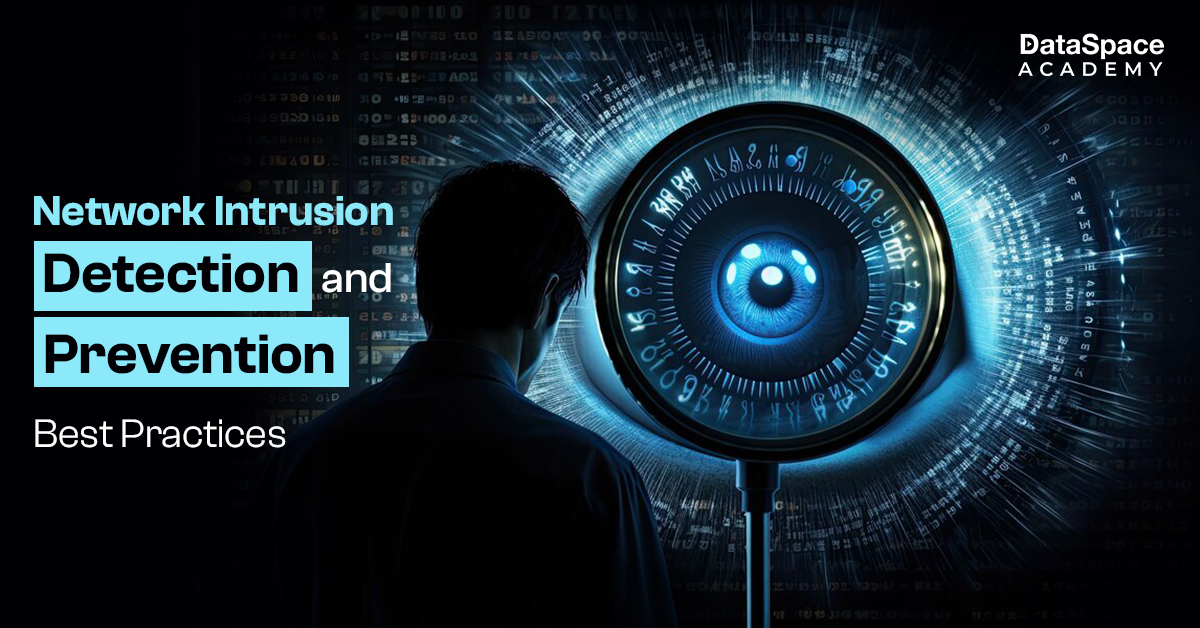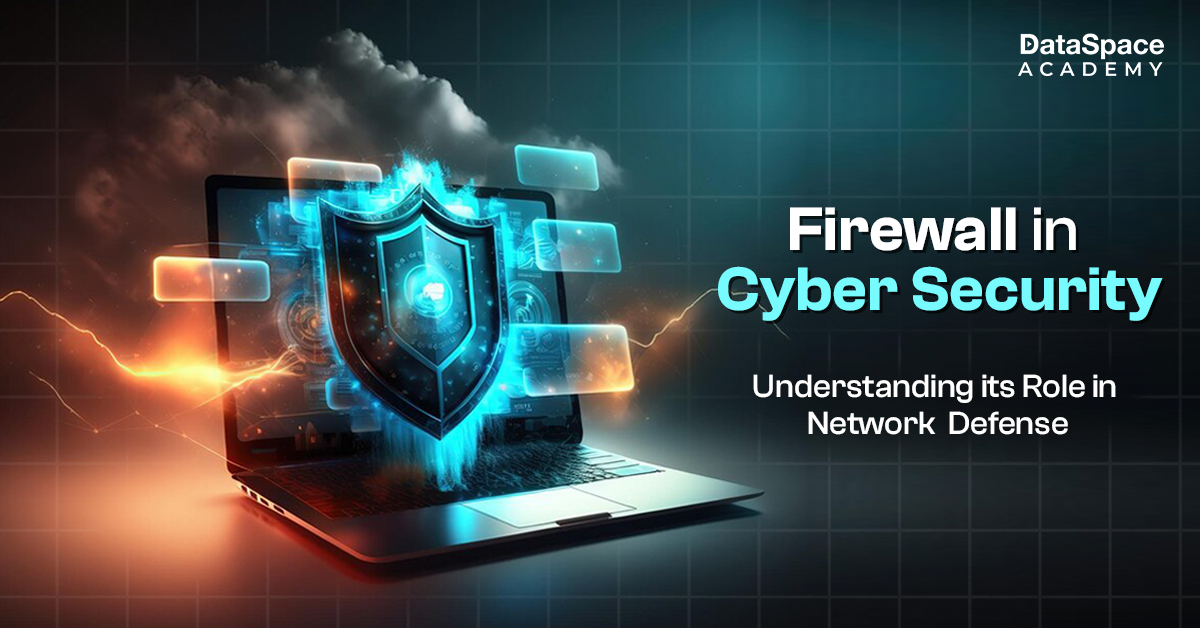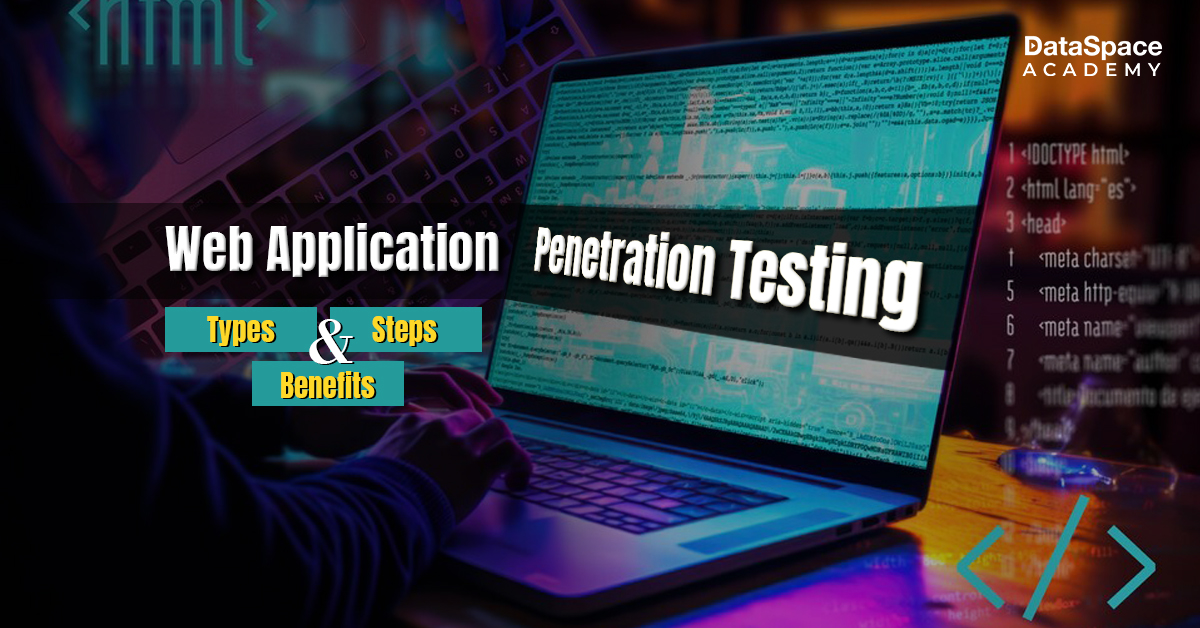How to become a SOC Analyst? An Essential Guide
Last Updated : 25 Oct, 2024
 24.79K
24.79K

Introduction
As the digital threat landscape is constantly evolving, the role of SOC analyst (Security Operatiosn Center Analyst) is becoming more critical than ever.
The rampant rise in advanced organisational security breaches has fuelled the need for skilled security experts – who can proactively detect and defend against threats before it’s too late. The good part is, businesses are always ready to offer a lucrative package for the right candidate. But how to become a soc analyst?
In this comprehensive guide, we’ll explore the roadmap to become a SOC expert, key skills to master, and more.
Who is a SOC Analyst?
A SOC analyst is a cybersecurity specialist responsible for monitoring, detecting, and responding to security incidents within an organisation. They work within a Security Operation Centre (SOC) and serve as the first line of defense against cyber threats. In other words, SOC Analysts are the primary cyber army that secures an organisation’s digital infrastructure by identifying and neutralising potential risks.
Besides, threat detection and solutions, collaborating with other cybersecurity professionals is one of the essential soc analyst jobs. They oversee security information and event management (SIEM) systems, which collect and analyse data from various sources like network devices, servers, and databases. By carefully reviewing these logs, they can detect unusual activities that may signal a breach or cyberattack.
Beyond monitoring, SOC Analysts also perform threat assessments, investigate incidents, and devise response plans. As cyber threats grow more complex, SOC Analysts play an increasingly vital role in securing an organisation’s infrastructure and data integrity.
Top SOC Analyst Jobs

Are you curious to know about the current top SOC job roles to ignite your passion in cyber threat hunting? Here is your dose of motivation:
- Incident Responder Analyst: Investigates, analyses, and resolves threats with strategic response strategies to mitigate potential cyberattacks.
- Network Security Administrator: Manages and secures an organisation’s network by implementing security policies and monitoring traffic for vulnerabilities.
- SOC Analyst: Monitors security alerts and assists in incident response under senior guidance. One can apply for soc analyst jobs for freshers after obtaining a cybersecurity prerequisite certification.
- SOC Engineer: Enhances threat detection and monitoring capabilities by optimising SOC tools, systems, and infrastructure.
- SOC Manager: Oversees the entire SOC team, manages incident response workflows, and ensures the organisation’s cybersecurity posture is efficiently maintained.
Why become a SOC Analyst?
There are ample inspiring reasons to become a SOC analyst in the vulnerable digital era. Let’s decode some of the compelling ones:
- Skyrocketing Demand: Businesses need skilled SOC analysts to detect and combat incidents in real time, making it a highly sought-after role in the global cybersecurity landscape.
- Diverse Career Choices: SOC analyst careers can be diverse, ranging from incident response to threat intelligence to cybersecurity management.
- Lucrative Package: With increasing demand, SOC analysts often enjoy generous package and opportunities for rapid career advancement.
- Global Opportunities: Cybersecurity threats know no borders, igniting a worldwide demand for SOC analysts.
- Sustainable Career Choice: The need for cyber security is only poised to grow in the evolving digital age – and so the demand for SOC Analysts.
- Intellectually Stimulating: SOC analysts work with cutting-edge tools and technologies, constantly updating their skills to keep pace with evolving threats, making it an intellectually stimulating career.
- Digital Hero: A career in SOC Analysis allows you to play a vital role in preventing probable breaches, providing a deep sense of purpose and responsibility.
How to become a soc analyst?
Here we present a simple breakdown of the roadmap to kick-start a successful career as a SOC analyst.
- Education
- Certifications
- Related Experience
While earning a bachelor’s degree in computer science or a SIEM-related field gives you an edge, it isn’t a strict requirement. Many professionals enter cybersecurity by completing specialized courses or boot camps, which focus on essential skills like data analysis and spotting potential security breaches. However, probably the best way is to enroll for designated cybersecurity courses that cover from beginners to at least intermediate level.
While there are many certification for soc analyst, focus majorly on the global accreditations. Here are some top options to consider:
-
CompTIA Security+: A popular entry-level certification, covering key topics like access control, cryptography, and cloud security risks. It’s often regarded as one of the best starting points for those seeking cybersecurity roles.
Certified SOC Analyst (CSA) by EC-Council: For those interested in incident response or threat hunting, the CSA certification is a great fit. It requires proven experience and expertise in SOC operations, making it highly valuable.
Besides, skills & certifications, hands-on experience in a SOC environment is one of the best ways to gain competitive advantage. It provides insight into day-to-day operations and helps you build your skillset.
However, if you lack prior experience, consider freelancing or pursuing an internship to gain relevant exposure.
SOC Analyst Skills
A SOC analyst needs to excel in a certain set of both hard and soft skills as listed below:

Top Skills Needed to be a SOC Analyst:
Hard Skills
- Programming
- Threat Hunting
- Log Analysis
- Digital Forensics and Incident Response (DFIR)
- Incident Handling & Documentation
- Cloud Security
- Hacking
- SIEM Operations
Soft Skills
- Communication & Collaboration
- Risk Management
- Pressure Handling
- Innovative Thinking
Conclusion
To excel as a SOC analyst, a structured roadmap is essential, and earning a SOC analyst certification can fast-track your success. This certification equips students and professionals with the critical skills needed to monitor, detect, and respond to security threats, making them invaluable assets in today’s cybersecurity landscape.
 24.79K
24.79K










